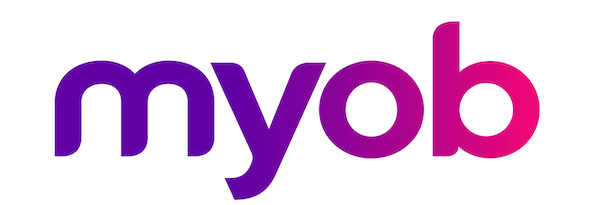Blackburn VIC 3130

More small to medium-sized businesses are moving to cloud accounting and using cloud based applications for their bookkeeping and accounting needs through desktop and mobile apps. All businesses need to keep track of their accounts, and cloud accounting allows businesses to make invoicing and cashflow management decisions based on more up to date information. It also provides for other business efficiencies including payroll for off premises workers. The cloud revolution is propelled by fast, reliable internet, cheaper servers and widely-used open-standards for interchanging data and instructions between software. Moving to the cloud does not increase data risk if good password policies and back-up strategies are in place. Businesses should ensure staff understand modern security risks and complete training when moving to cloud accounting or using any service that provides remote access.
Contact us to discuss your circumstances so we can help determine the most appropriate solution for you based on functionality, ease of use and cost.
The main cloud accounting players in Australia are:

Reckon – Intuit (the global company) created QuickBooks software and Reckon (the Australian company) now continues to provide this cloud-based accounting software in a variety of formats including desktop, hosted and online cloud versions.

Quickbooks Online – Provides a cloud based version of their previous product, QuickBooks.

MYOB – An Australian company originally offering desktop accounting software, now offers several subscription-based cloud accounting products, including both desktop and cloud versions of their product.

Xero – A New Zealand based software company that offers cloud-based accounting software for small to medium-sized businesses.
.png)
Sage One - A UK based company with over 6 million customers across 23 countries, providing simple online accounting software for small businesses.